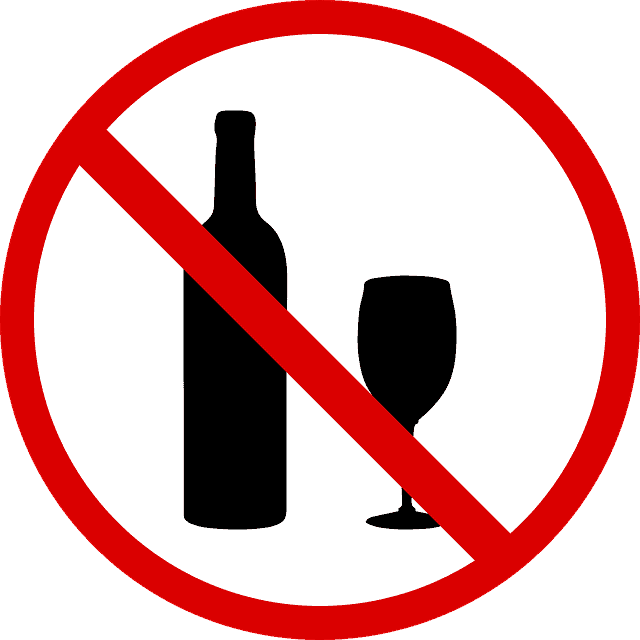Doing anything in excess can turn into an addiction if we have addictive thoughts, behaviors, and emotions associated with the substance. It is important to look at how illicit drugs and alcohol affect us emotionally, physically, and cognitively. When we look at the effect produced, we may better understand the reasons for using or drinking. In recovery, we substitute those reasons with reasons not to drink. Even though alcohol is legal if you are 21-years-old or over, it can still play a negative role in our relationships, activities of daily living, goal setting, education, and occupation.
Reasons Not to Drink
Only 35% of adults claim that they have never drunk alcohol. 37% state that they drink in what is considered a “low risk” limit, 19% drink more than the daily or weekly limits, and 9% consume more than the daily and weekly limits of alcohol. These limits are based on having up to one drink daily for females and two daily for males.

Alcohol does not affect each person in the same way, nor are everyone’s reasons not to drink the same. Tolerance begins to build, and the half a drink can easily become two, then four, and then a full bottle. Drinking does have some major impacts on us:
- Health difficulties: Drinking affects our liver, heart, and sleep patterns. It has an impact on our pancreases, necks, heads, and breasts. It can lead to stroke, cancer, diabetes, high blood pressure, and stomach bleeding. Alcohol decreases our immune system’s ability to fight back.
- Impulsive sexual behaviors: These tend to occur when an individual partakes in a drink leave them more vulnerable to unsafe sexual encounters, which could lead to sexually transmitted diseases, difficulty saying “no” to uninvited sexual encounters, and unplanned pregnancies.
- Injuries: The consumption of alcohol contributes to 60% of lethal burns, drownings, and murders; 50% of major trauma damages and sexual assaults; and 40% of deadly motor vehicle crashes, suicides, and lethal falls.
- Birth defects: Fetal alcohol syndrome and brain damage are only a couple of the issues that a baby can be born with if the mother drinks while she is pregnant.
- Legal issues: Whether your behaviors lead you to drink and drive and thus obtain a DUI, or you act in a violent manner when you drink, your chances of legal trouble are increased when you drink.
- Delayed growth: Alcohol can be transmitted through breast milk. This can lead to difficulty sleeping and stunt the growth and development of your infant.
- Substance use disorders: Drinking can lead to a substance use disorder. Tolerance increases as time goes on!
- Mixing alcohol and medications: Alcohol can interact with prescription medications and increase physical health disorder symptoms.
- Mental illness: Consumption of alcohol can prompt, or increase symptoms, of mental health disorders. Two main ones associated with drinking are anxiety and depression.
- Strains on social relationships, occupation, and education: Performance in school and at work, as well as problems with memory and focus, can occur from alcohol use. It can lead to tension in relationships and changes in one’s social circle.
An Amazing Alternative Treatment Center for Your Family and You
Approximately 18 million individuals have been diagnosed with an alcohol use disorder. At Discovery Place in Burns, Tennessee, we want you to be as comfortable as you can be when you begin your recovery process. Our program has a beautiful countryside view and trained professionals to aid you along your journey. Our various programs include a family component, as well as a 12-Step program. We help men out of addiction by sharing practices which create and sustain reasons not to drink. Let us help you find sober ways to cope instead of numbing out by using alcohol, opiates, cannabis, or other drugs. You are not alone in battling your disease! Call us today at 1-800-725-0922 to take control of your drinking.

